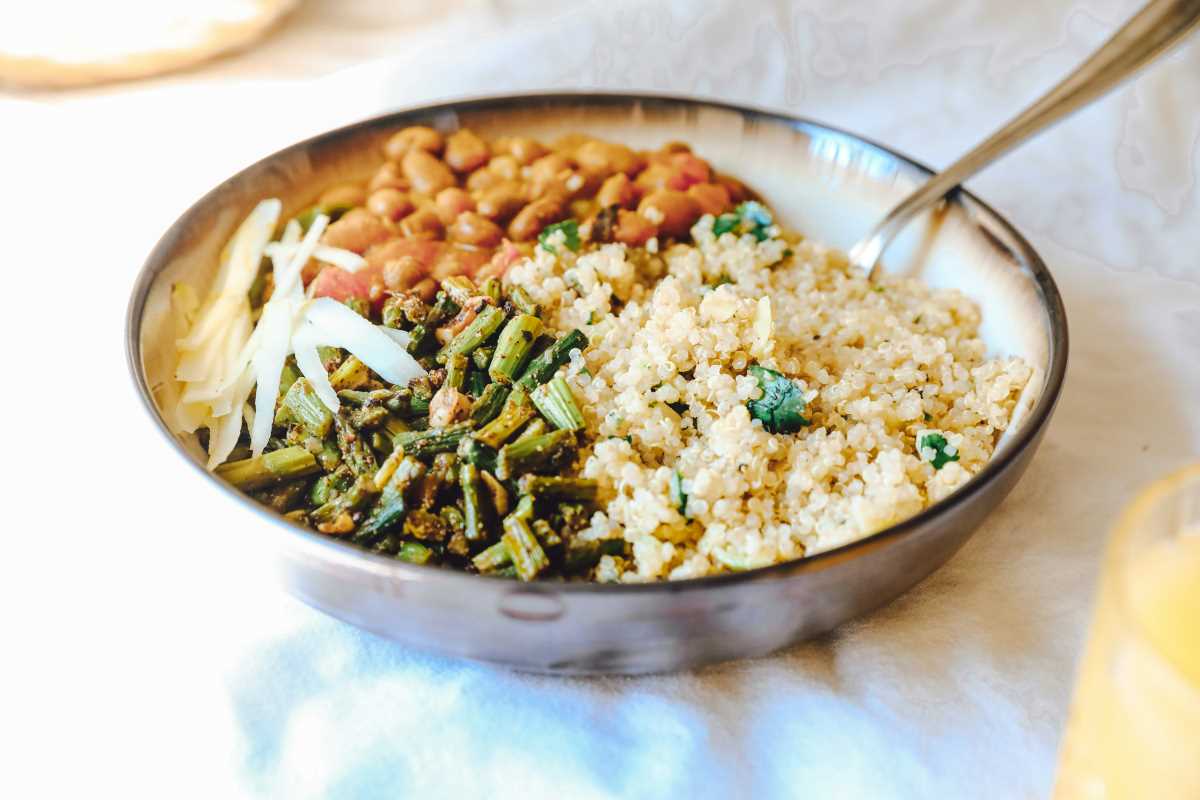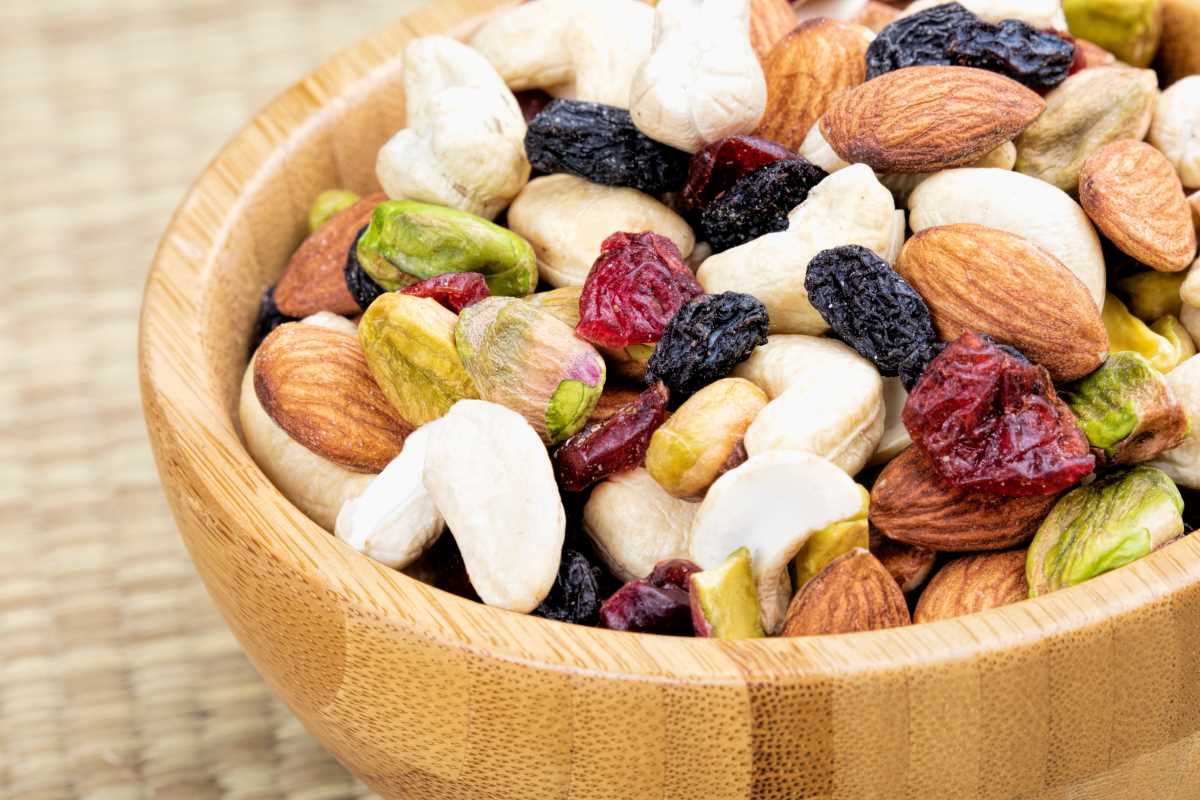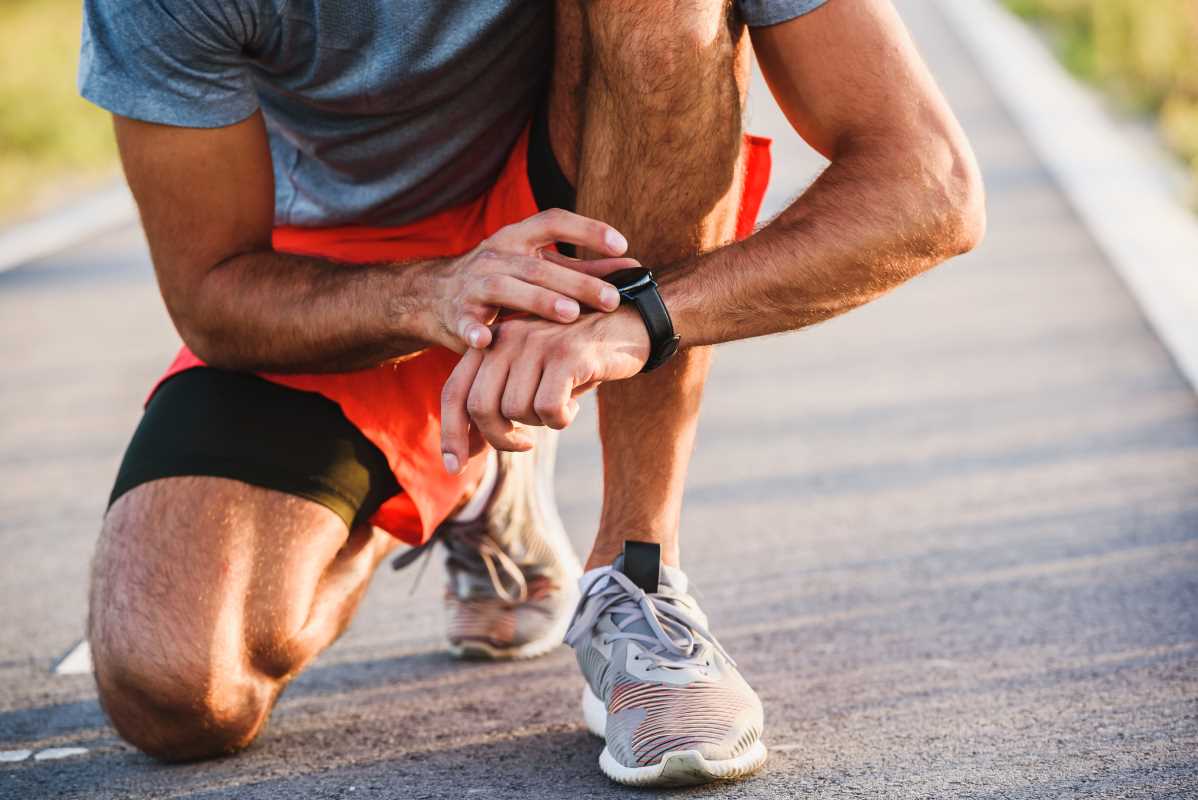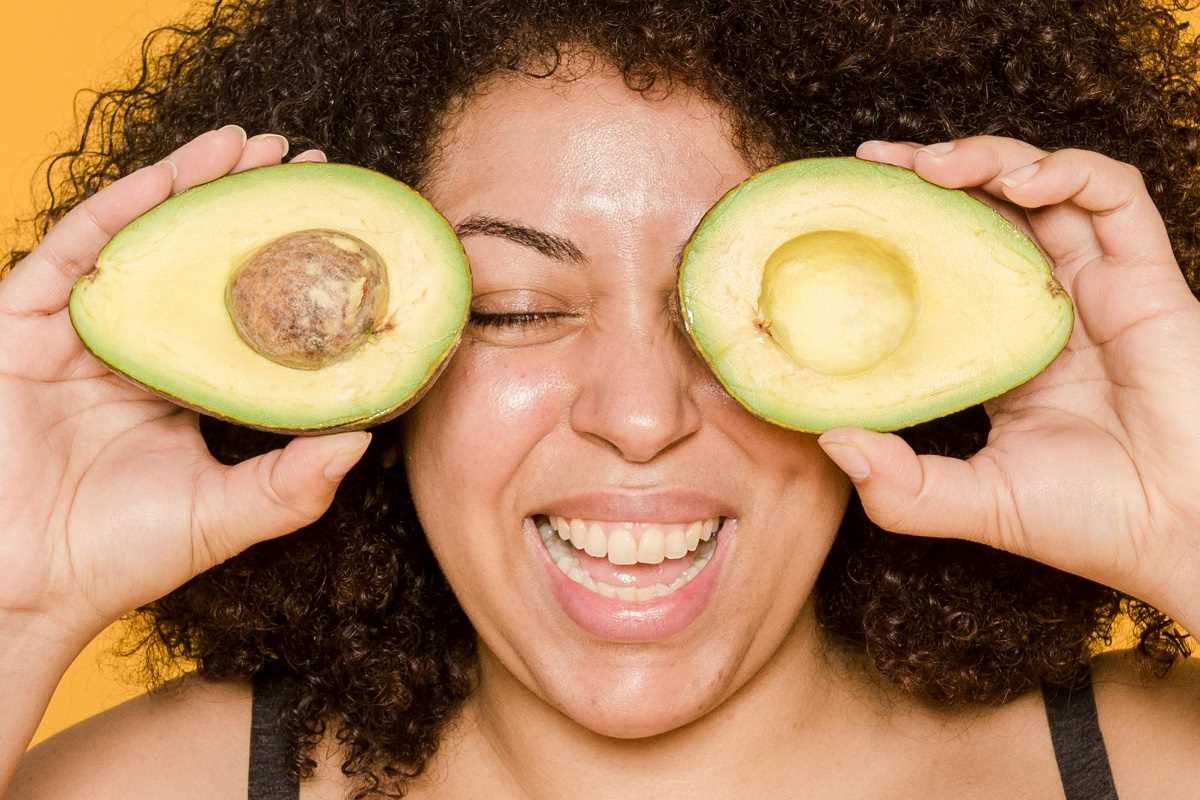If you've ever had a kidney stone, you know it's something you never want to experience again. The pain is intense – many describe it as worse than childbirth. The good news? You have more control over preventing them than you might think.
Let's talk about what you can do to keep those painful stones from making a comeback.
What Are Kidney Stones Anyway?
Think of kidney stones as unwanted crystals that form in your kidneys. They're made up of minerals and salts that stick together when your urine becomes too concentrated. It's like when you leave a sugary drink out too long and crystals start forming at the bottom – except this happens inside your body.
Stay Hydrated (And We Mean Really Hydrated)
This is the big one, guys. Most kidney stones form because you're not drinking enough water. When you're dehydrated, your urine becomes concentrated, making it easier for crystals to form.
How much water should you drink? Aim for about 12 cups of fluid daily. That sounds like a lot, but spread it throughout the day. Your goal is to produce about 2.5 liters of urine daily – that's roughly 10 cups.
Pro tip: Check your urine color. It should be pale yellow, like lemonade. If it looks like apple juice, you need more water.
Watch What You Eat
Your diet plays a huge role in stone formation. Here's what you need to know:
Cut Back on Salt
Too much sodium makes your kidneys work harder and can lead to calcium buildup in your urine. This doesn't just mean putting down the salt shaker – processed foods, restaurant meals, and even some seemingly healthy foods are loaded with sodium.
Action step: Read nutrition labels and aim for less than 2,300 mg of sodium daily. That's about one teaspoon of salt.
Don't Overdo Protein
While protein is important, too much animal protein (think red meat, chicken, fish, and eggs) can increase stone risk. Your body breaks down protein into waste products that can promote stone formation.
What to do: Keep portions reasonable – about the size of your palm. Consider having a few meat-free meals each week.
Be Smart About Calcium
Here's where many guys get confused. You might think avoiding calcium prevents calcium stones, but that's wrong. Getting too little calcium can actually increase your stone risk.
The right approach: Get calcium from food sources like dairy, leafy greens, and fish with bones. Aim for about 1,000-1,200 mg daily from food, not supplements.
Watch the Oxalates
Some foods are high in oxalates – compounds that can bind with calcium to form stones. You don't need to avoid them completely, but be mindful.
High-oxalate foods to moderate: Spinach, rhubarb, nuts, chocolate, tea, and beets. If you eat these, pair them with calcium-rich foods to help prevent absorption.
Move Your Body
Regular exercise helps in several ways. It can help you maintain a healthy weight, improve your overall health, and may even help prevent stones by keeping things moving in your urinary system.
You don't need to become a gym rat. Simple activities work great:
- Take daily walks
- Use the stairs instead of elevators
- Park further away
- Do yard work
- Play with your kids or grandkids
Limit the Troublemakers
Some drinks and foods are stone-forming culprits:
Soda and Sweet Drinks
Regular soda, especially cola, can increase stone risk. The phosphoric acid and high sugar content aren't doing your kidneys any favors.
Better choices: Water (always), sparkling water with lemon, or unsweetened tea.
Excessive Vitamin C
While vitamin C is good for you, mega-doses from supplements can increase oxalate in your urine. Stick to getting vitamin C from food sources.
Add Some Stone-Fighting Foods
Certain foods may actually help prevent stones:
- Citrus fruits: Lemons, limes, and oranges contain citrate, which can help prevent stones
- Magnesium-rich foods: Whole grains, nuts, and seeds
- Potassium-rich foods: Bananas, potatoes, and melons
Know Your Stone Type
Not all kidney stones are the same. If you've had stones before, ask your doctor what type you had. This information helps determine the best prevention strategy for you.
The most common types are:
- Calcium oxalate stones (most common)
- Calcium phosphate stones
- Uric acid stones
- Struvite stones
When to See Your Doctor
Don't try to go it alone. If you've had kidney stones before, work with your doctor to create a prevention plan. They might recommend:
- Blood and urine tests to identify risk factors
- Medications if lifestyle changes aren't enough
- Regular monitoring
Red flags that need immediate attention:
- Severe pain in your back, side, or groin
- Blood in your urine
- Nausea and vomiting
- Fever and chills
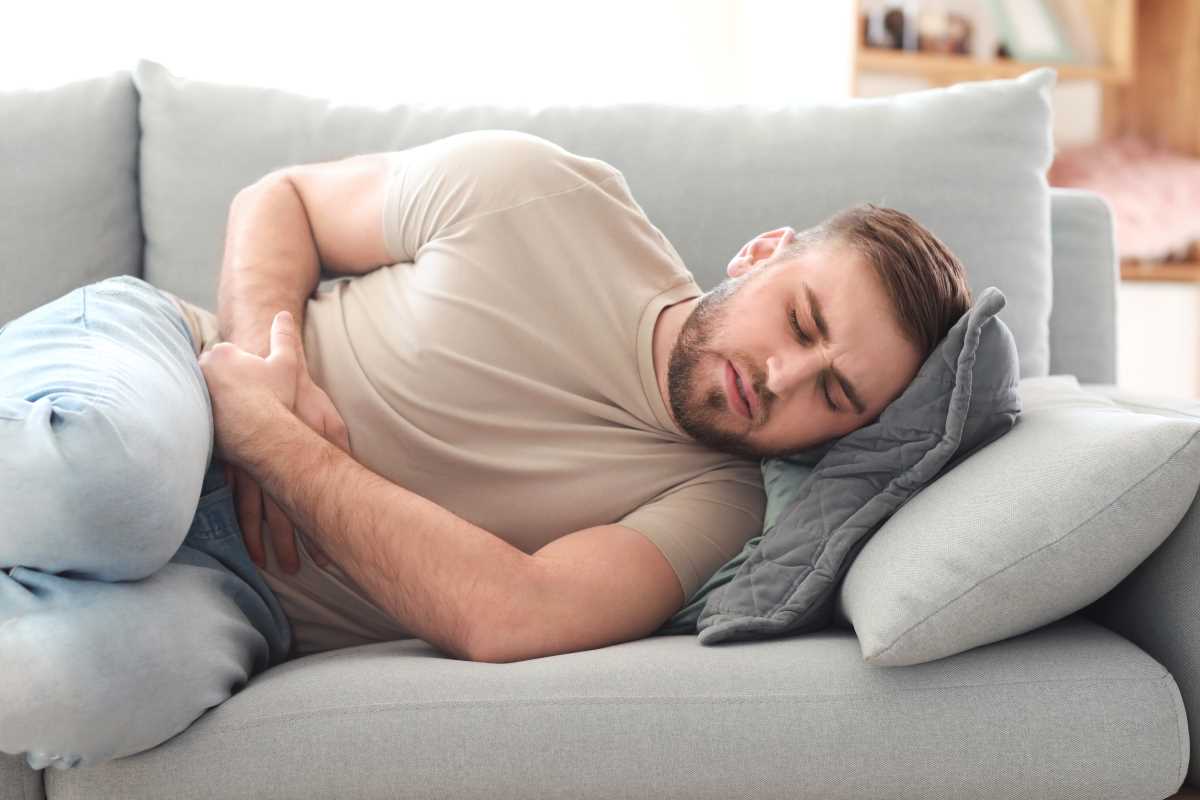
.jpg)
